Over the years, software applications have evolved immensely. Back then, we built software as a singular, massive structure that could handle all the business logic required to function. For the most part, this worked since most software applications were used by individuals and businesses internally with a minimal and manageable number of users.
Fast forward to today, most of these software applications are now available on our browsers straight from the cloud. Successfully making this shift required new software development methodologies. That's where DevOps and DevSecOps come in.
In this article, we shall explore what each of these concepts involves and their key differences.
What is DevOps?
DevOps stands for Development and Operations. It is a set of practices that aims to shorten the software development lifecycle and speed the delivery of higher-quality software. It does this by breaking down silos and combining and automating the work of software development teams and IT operations teams.
DevOps teams use agile methodologies, continuous integration, and continuous delivery/continuous deployment (CI/CD) tools, cloud services, and other technologies to collaborate and deliver software products or services.
Enroll in our Fundamentals of DevOps course to learn more:

DevOps engineers create a set of automated processes called pipelines that perform specific tasks. The most common set of pipelines includes (and is usually in the following order):
- A pipeline to do testing
- A pipeline to package/build the software
- A pipeline to deploy the built software to the infrastructure
Having all of these in place, software engineers no longer have to worry about manually performing repetitive tasks. The automated pipelines handle the rest once they push those fixes and/or new features into their respective repositories. Aside from this, only quality code gets out to the end users thanks to automated testing.
What is DevSecOps?
DevSecOps is a methodology that integrates security practices into the software development process. It emphasizes the importance of security throughout the entire development lifecycle, from design to deployment.
By incorporating security into the development process, DevSecOps helps to identify and address potential security vulnerabilities early on rather than waiting until after the software has already been deployed.
This approach allows organizations to deliver secure software quickly. Overall, DevSecOps is a critical component of any modern software development process.
The primary goal is to introduce and integrate all the best security measures without compromising software delivery speed. This can be achieved by having another layer of an automated pipeline specifically tasked to perform system hardening and continuous security checks. This is not to say that DevOps doesn’t provide any form of security; it may be present but not the main focus. DevSecOps, on the other hand, treats security as an issue of utmost importance.
Enroll in our DevSecOps course to learn more:

DevOps vs. DevSecOps: Key Differences
Below are some of the main key differences:
- Focus - DevOps's main focus is improving collaboration between development and operations teams. DevSecOps, on the other hand, focuses on automating, monitoring, and applying security at every step of the application cycle.
- Collaboration teams - DevOps promotes collaboration between the development and operations teams. DevSecOps, on the other hand, includes the security, development, and operations teams.
- Tools - Some popular DevSecOps tools include static application security testing (SAST) tools, dynamic application security testing (DAST) tools, container security tools, security information and event management (SIEM) tools, and vulnerability scanning tools. Popular tools for implementing DevOps practices include Jenkins, Git, Docker, Kubernetes, Puppet, Chef, Ansible, Nagios, and Splunk.
DevOps vs. DevSecOps: Similarities
Below are the similarities between the two:
- Culture - In both DevOps and DevSecOps, there is a strong emphasis on creating a collaborative and communicative culture within the organization. This involves breaking down silos between different teams and promoting a culture of shared responsibility.
- Automation - DevOps and DevSecOps leverage automation to increase the speed of delivery, improve quality, and enhance security. However, the focus of automation differs between the two approaches.
- Monitoring - Monitoring is an essential component in DevOps and DevSecOps, contributing to the overall goal of delivering high-quality, secure software rapidly. It also helps maintain compliance with security policies and regulations.
Conclusion
Whether in DevOps or DevSecOps, security in any software business is crucial. Aside from providing quality software for your users, it is also important to protect your software and your users from potentially devastating cyber-attacks.
While DevOps primarily focuses on collaboration and productivity, DevSecOps extends this approach to include security as an integral part of the software development process.
You may also be interested in the following:
- How to Get into DevOps
- How DevOps Can Take Advantage of AI
- The Role of AI-Driven Code Reviews in Enhancing DevOps Cycles
- Container Security Best Practices in DevOps Environments
- Cloud Engineer vs. DevOps Engineer: Overview, Similarities & Differences
- What Are DevOps Engineer Roles and Responsibilities in 2023



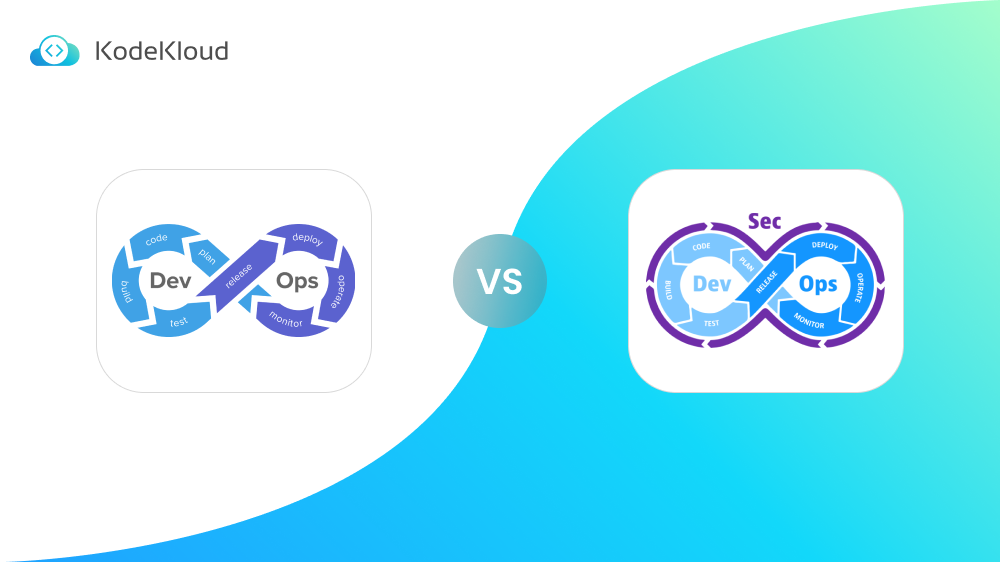



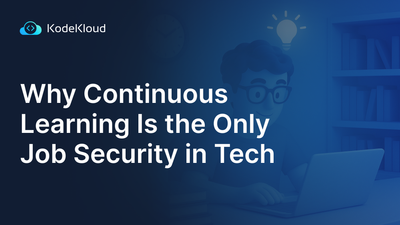


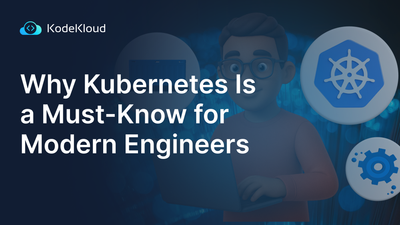

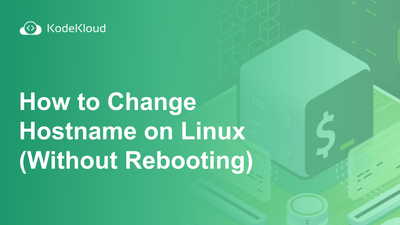


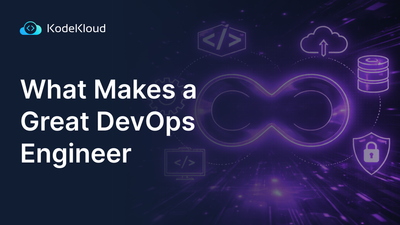

Discussion